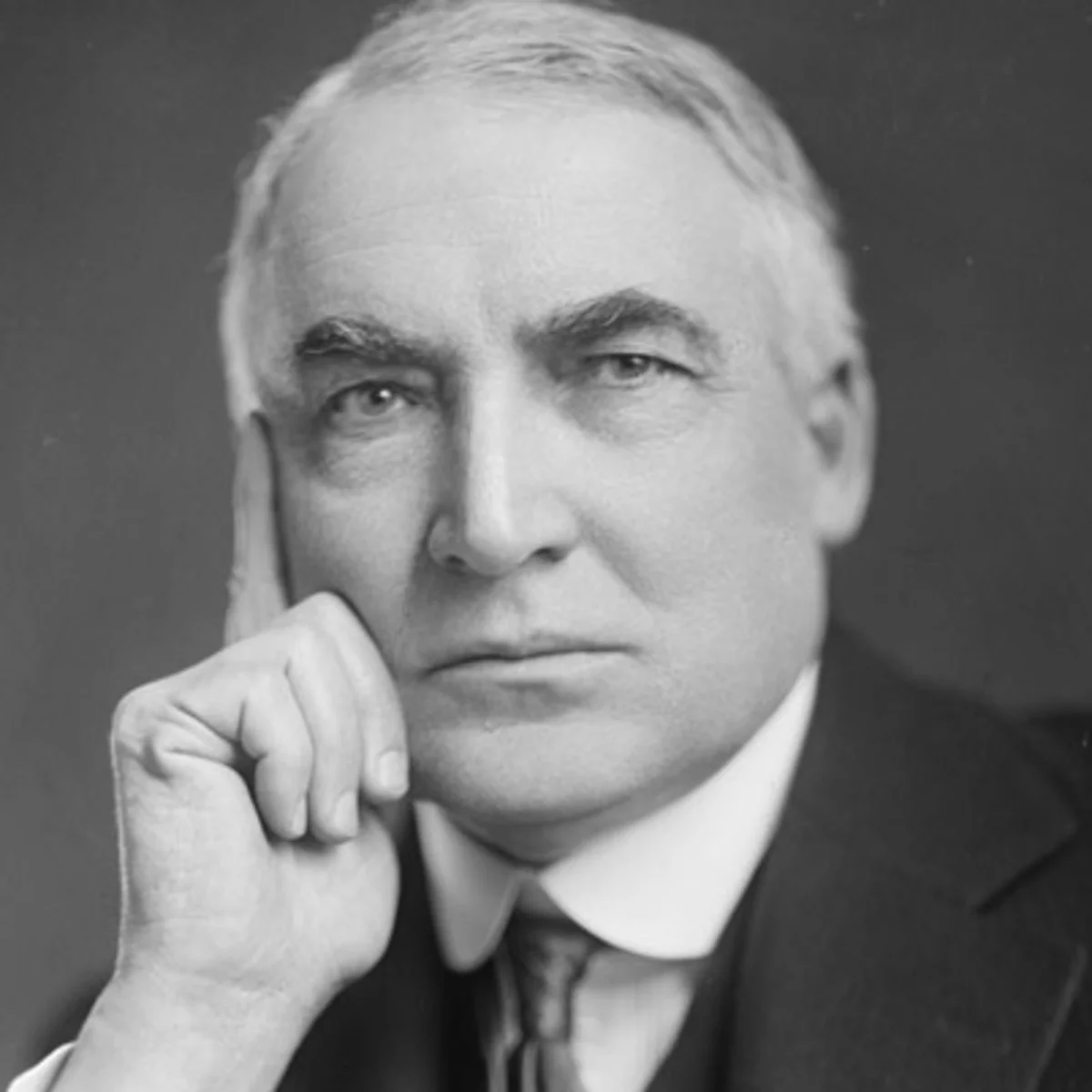How good a listener are you?
“The word ‘listen’ contains the same letters as the word ‘silent’.”
Abraham Lincoln was an unlikely Presidential candidate.
He was skinny, dishevelled looking and spoke in a high pitched voice.
To make matters worse, he was born into a poor family, meaning he would have to work twice as hard to get anywhere.
As a result, nobody believed he would ever be elected.
However, despite these disadvantages, Lincoln eventually became the 16th President of the United States.
So how did he manage it?
The answer partly lies in his ability to listen.
Whenever Lincoln spoke with someone, he would give them his full attention, listening carefully to every word. In doing so, he would develop a deep understanding of their feelings, concerns and motivations.
In turn, they would see someone they could trust.
Lincoln was like this with everyone he met. People felt he genuinely understood them, making him a formidable leader.
Why do we need to listen like Lincoln?
Modern life places a significant strain on our ability to listen properly.
We think we are listening, but our mobile phones and other devices grab our attention and distract us from hearing what the other person is saying.
We become passive listeners as opposed to active ones.
Unlike Lincoln, we only hear half of what the other person is saying, and because we are not focused, we can also not correctly recall the information.
Unsurprisingly, this leads to miscommunication which leads to disagreements.
What does ‘active listening’ involve?
When you next sit down with a friend, practice listening to them for 10 minutes.
Imagine you are on a first date, and your attention is entirely on the other person.
As you do so, keep in mind the following:
1. Be 100% focused on the other person. Look into their eyes as they speak. Don’t interrupt their flow.
2. Ask relevant follow up questions that show you’re engaged.
3. Watch their body language carefully. Use your own body language to indicate you’re following what they say.
4. Paraphrase back what they say to check comprehension and to demonstrate you’re trying to understand them.
5. Remove any distractions. Put away your phone. It should just be the other person and their story.
The benefits of active listening
1. The first benefit you will notice is an increase in the quality of your relationships. This is because active listening is a key skill for demonstrating empathy. People report being better understood if you have actively listened to them.
2. The second upside is that it improves your ability to learn. The better one listens, the better one learns. Everyone has something valuable to share if given a chance.
3. It trains you to really focus. This is important if you want to get the most out of everything you do in life.
4. Helps you to become a better communicator. By listening to how others speak, you can learn how to refine your own style.
In short, listen more and talk less.
To improve your EQ and IQ try one of our short masterclasses at www.42courses.com






